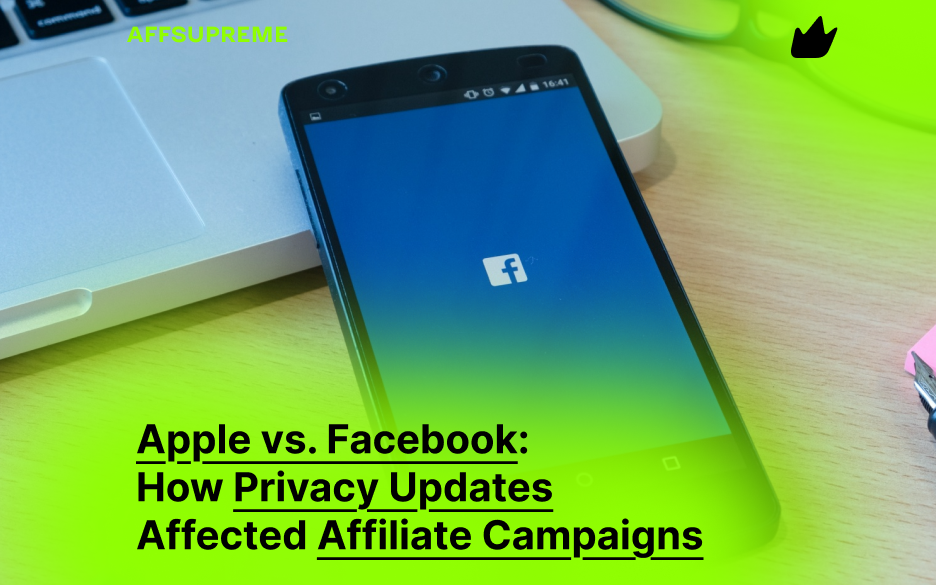In 2021, Apple released iOS 14.5 with a groundbreaking privacy feature known as App Tracking Transparency (ATT). This move sent shockwaves through the digital advertising world — especially impacting Facebook Ads and affiliate marketing campaigns. In this article, we’ll explore how Apple’s privacy changes disrupted affiliate strategies and what affiliate marketers can do to adapt in the post-IDFA era.
What Is App Tracking Transparency?
App Tracking Transparency requires apps to ask users for explicit permission before tracking their activity across other apps and websites. For users, it looks like a simple prompt: “Allow this app to track your activity?” Unsurprisingly, most users opt to say “Do Not Allow.”
How Did It Affect Facebook Ads?
Facebook, once considered the gold standard for precision targeting and retargeting, took a major hit after the iOS 14.5 update. Key changes include:
-
Retargeting challenges: Facebook can no longer track iOS users who opted out of tracking, reducing retargeting pool size.
-
Loss of conversion visibility: Advertisers can’t see all the conversions due to limited data reporting.
-
Reduced optimization: Facebook’s algorithm has less data to learn from, making campaigns harder to optimize.
Impact on Affiliate Marketing Campaigns
Affiliate marketers — whose income often relies on accurate attribution and conversion tracking — were particularly affected.
1. Attribution Disruptions
Apple’s privacy changes restricted access to IDFA (Identifier for Advertisers), making it harder to determine where a sale came from.
2. Lower ROI
Less accurate tracking leads to higher customer acquisition costs and less efficient spending.
3. Revenue Decline
Once-profitable campaigns started to lose traction, especially those dependent on Facebook as the main traffic source.
How Affiliate Marketers Can Adapt
The affiliate world is evolving. Here’s how marketers can navigate the new landscape:
✅ Implement Server-Side Tracking
Use Facebook Conversion API (CAPI) to send conversion data directly from your server — bypassing browser limitations and regaining some attribution accuracy.
✅ Use First-Party Data
Rely less on third-party platforms. Focus on first-party analytics through tools like Google Analytics 4, CRM systems, or your own dashboards.
✅ Explore Alternative Traffic Sources
Platforms like TikTok, YouTube, email marketing, and push notifications are gaining popularity and are less affected by iOS tracking limitations.
✅ Leverage UTM Parameters
Use UTM-tagged links to track traffic sources manually. It won’t solve everything, but it helps identify high-performing channels.
The Bigger Picture: Privacy Is the Future
Apple’s ATT is just the beginning. Google is also phasing out third-party cookies and introducing its Privacy Sandbox initiative. Affiliate marketers must move towards data-resilient strategies with diverse traffic channels, robust analytics, and ethical data collection.
Conclusion
The Apple vs. Facebook clash over privacy has reshaped the affiliate marketing landscape. While iOS privacy updates initially disrupted tracking and performance, they also present an opportunity for innovation. Marketers who adapt, diversify, and build smarter, privacy-first campaigns will not only survive — they’ll thrive.

